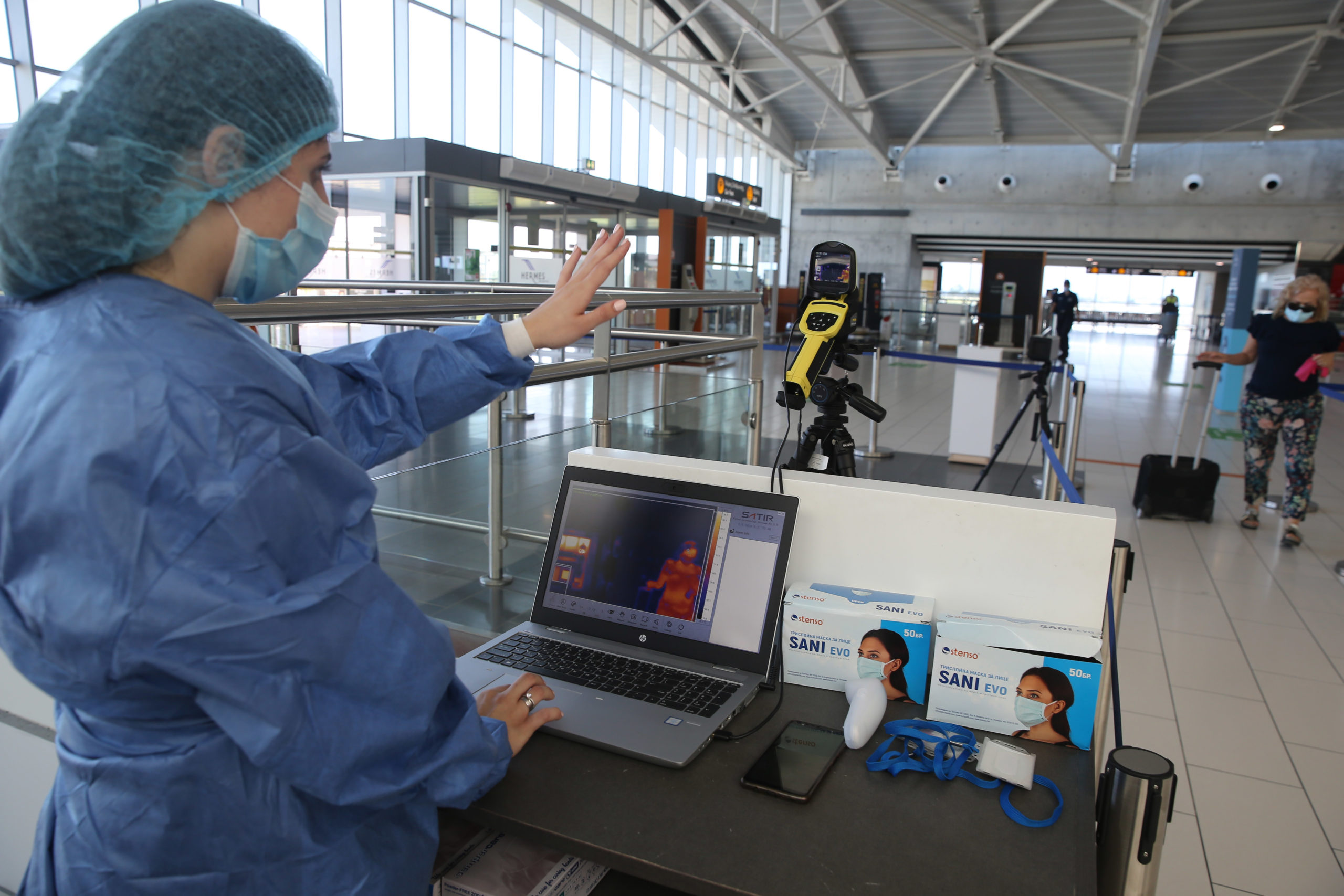An 89 year old man died of COVID-19 on Monday, raising the death toll since the pandemic started to 96, adjusted upwards after four other deaths were confirmed, but not reported earlier this month.
Health Minister Constantinos Ioannou praised the European Medicines Agency’s decision on Monday to grant the Pfizer/BioNTech COVID-19 vaccine, dubbed ‘Comirnaty’, conditional marketing authorisation, allowing EU countries to start vaccination programmes.
Cyprus is expecting the first batch to arrive in the next few days, with vaccinations due to start on December 27.
Two storage coolers, with a capacity of 130,000 doses each kept at -70C arrived on Saturday to prepare for the dispensation of the vaccine, expected at a rate of 350 a day at 38 vaccination centres.
The Health Ministry said that 286 new cases of SARS-CoV-2 were diagnosed on Monday, slightly up from Sunday’s 242, raising the total number of infections to 18,004, while the number of patients being treated for coronavirus is still high at 127.
The ministry said that 31 patients are critical, three more than Sunday and Saturday’s 22. Some 70 patients are being treated at the Covid-referral clinic at Famagusta General hospital, four more than Sunday.
In all, 12,772 test results were announced on Monday, based on 3,929 employing the more accurate PCR molecular method and 8,843 antigen rapid tests.
Monday’s 286 new cases included 156 confirmations of rapid tests from previous days, while Monday’s rapid tests produced 312 positive results that will require PCR confirmation.
Nicosia leads rapid test ‘positives’
A third of the new positive cases, or 106, were discovered in Nicosia, followed by 64 in Limassol, 55 in Larnaca, 20 in Famagusta and 13 in Paphos.
The 89 year old man who died, had underlying health issues and was being treated at Famagusta General’s dedicated Covid-clinic.
This raised the death toll to date to 96, of which nearly half or 45 in December alone. Of all the deaths, 62 were men and 34 women, with an average age of 79 years.
The Health Ministry confirmed four deaths on Monday, but they had died earlier in December in two nursing homes in Nicosia where they were being treated.
A man, aged 86 and a 100-year-old woman died on December 2 at the Klimentios nursing home.
The other two deaths concerned a 90-year-old woman who died on December 13 and a 78-year-old man, who died a day later, both residents at the Golden Age nursing home.
“The people remaining in care homes are treated in isolation from the rest of the residents,” said the ministry official, adding that there was a delay in confirming the deaths because they died outside of a hospital.
UK arrivals to quarantine at special facility
Meanwhile, following Sunday’s initial announcement of stricter measures for passengers arriving from Britain, saying they must automatically self-isolate for 14-days, on Monday, the health ministry revised its decision saying all passengers arriving from the UK will now have to quarantine for at least seven days in a state-designated facility.
The move comes after some EU countries banned UK flights when Britain said it had found a new strain of the coronavirus. Belgium, the Netherlands and Italy imposed a flight and rail ban, followed by France.
The quarantine requirement for passengers arriving at Larnaca or Paphos airports is irrespective of the PCR test they must undergo when they land, the health ministry said.
The measure is compulsory for all passenger over the age of 18, whilst minors have the choice to self-isolate at home.
People under state quarantine will undergo a PCR test after seven days. If they are found to be negative to the virus, they will need to self-isolate at home for another three days.
Monday’s PCR tests diagnosed 8 new COVID-19 cases from among 2,040 tests on passengers arriving at Larnaca and Paphos airports.
This number is expected to rise as more Cypriot students return from the U.K., and as in the first wave of arrivals in summer, many are expected to defy quarantine rules.










